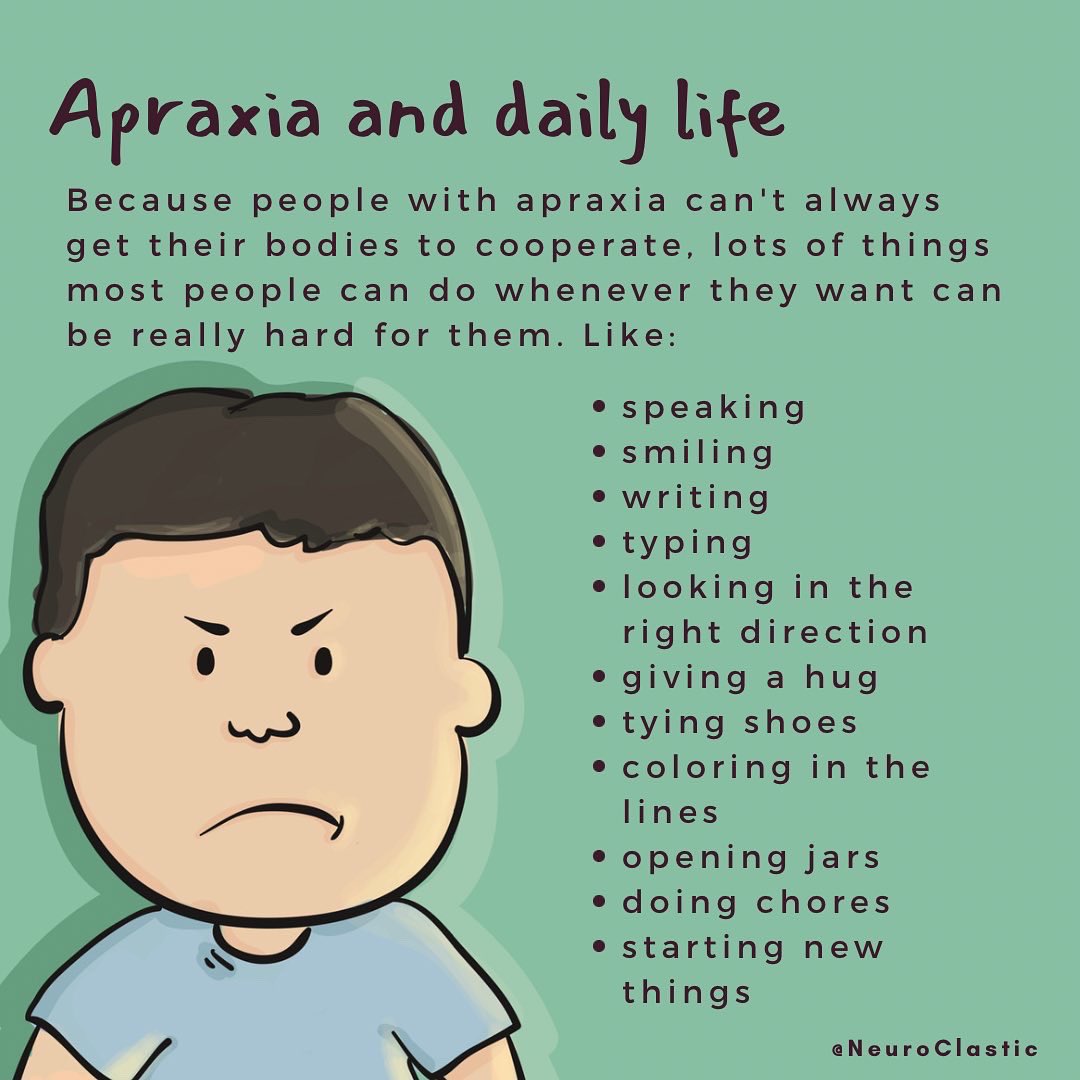If you are an employer, please pay attention to this. Autistic people do not always interpret your implied meanings accurately, but you all don't interpret ours accurately either.
https://twitter.com/caroleinhove/status/1164151129304965120
Explaining her anxiety spikes was to demonstrate how hard she works-- to show dedication. This is how other autistic people would interpret that statement of fact. Neurotypical people would be more prone to see it as a complaint and an accusation.
It would likely have read to many employers as, "Please stop asking me to drop what I am doing. Your ableism is causing me distress." We often get pegged as being negative when we are actually saying something that is to demonstrate devotion. We value long-suffering as honorable.
Our love languages are doing work and acts of service in self-sacrifice and information-sharing. This comment to an employer was a demonstration of professional and interpersonal loyalty, not a complaint or accusation.
We have different internal social codes, and the only way you can learn to accurately interpret us is to learn from autistics and ask autistics. We use the same words but speak a different language. We also need you to help us interpret what other non-autistics say.
Also, our humble statements of fact about our work are often misinterpreted as bragging. It's not meant to be bragging, and we are not seeking praise. We are trying to let you know that we had you in mind when we performed an act of service.
You verbalize your emotions and try to validate ours by addressing our emotional experience ("You must have been so sad/afraid/excited"). You compliment our innate traits ("You are so smart/talented/kind/beautiful.")
Depending on context, this can make us uncomfortable or miss the mark. We are often hoping to hear, "This is really helpful," "I learned so much from reading/hearing that," "This will be so useful," or "You tried hard for me."
@threadreaderapp please unroll, my dutiful robotic friend
• • •
Missing some Tweet in this thread? You can try to
force a refresh










